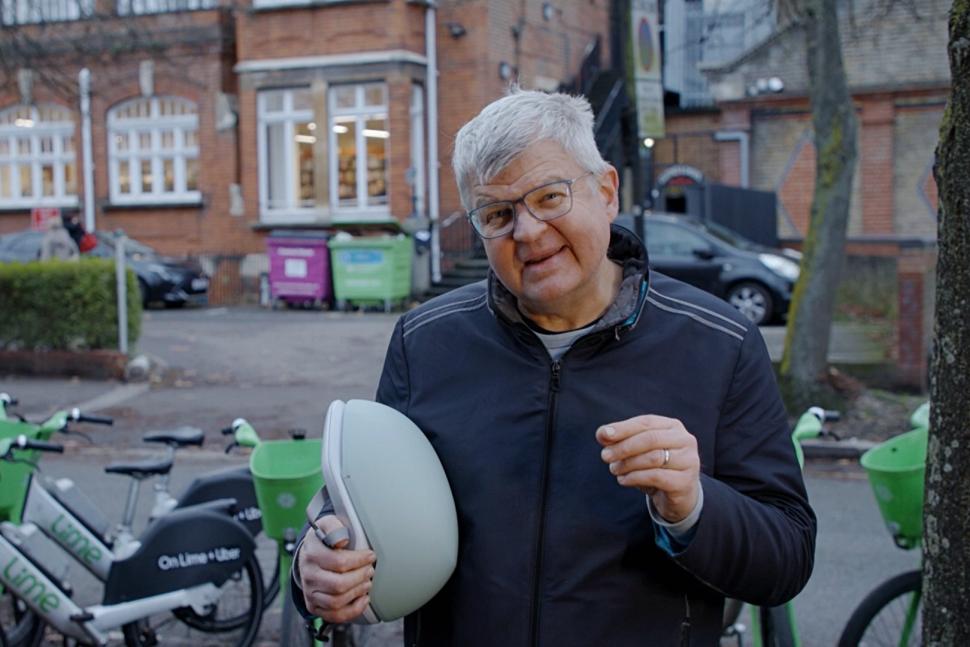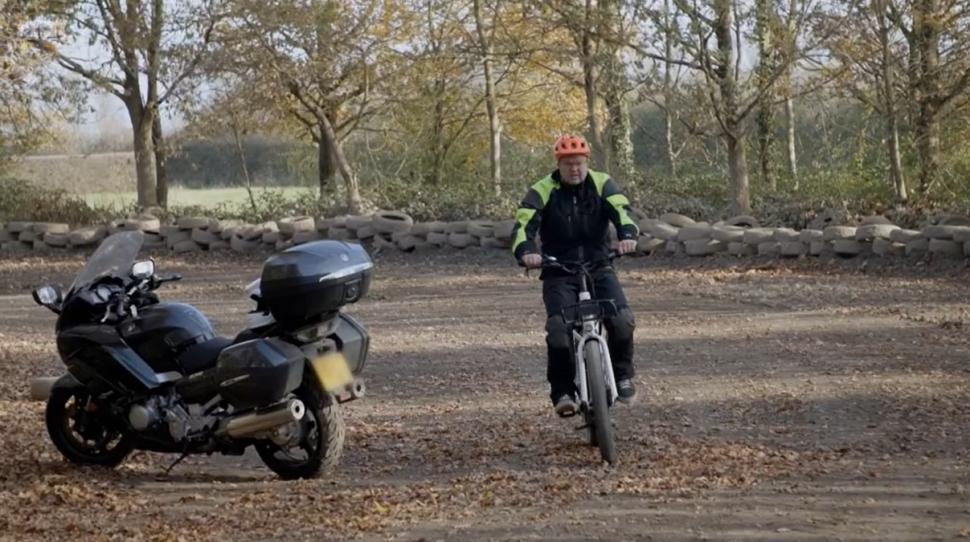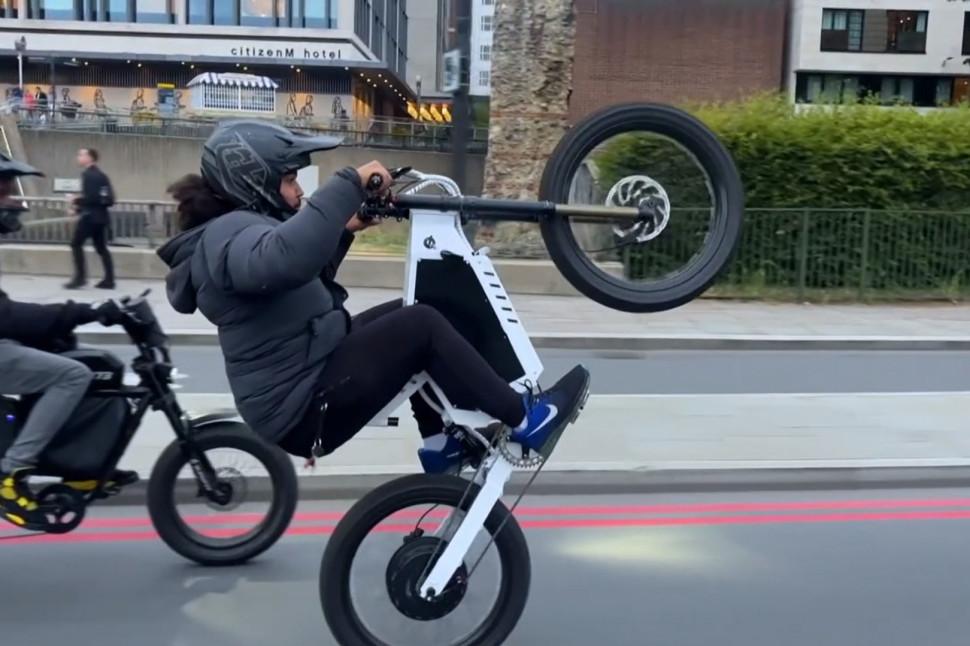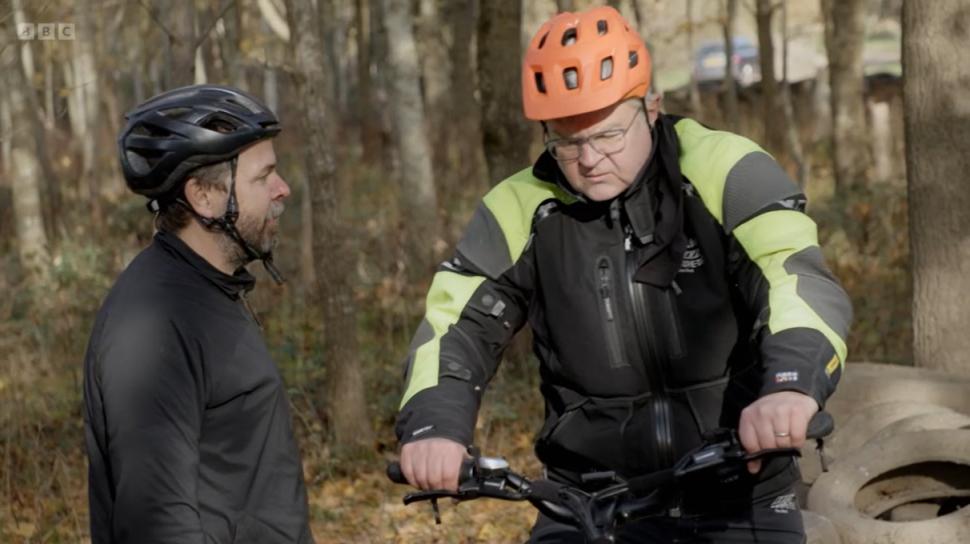The Bicycle Association, the national body representing the cycling industry in the UK, has lodged a formal complaint with the BBC about its recent Panorama episode on e-bikes, arguing that the controversial programme inaccurately and repeatedly conflated the “safety and social issues” surrounding the use of “illegal e-motorbikes” with road-legal e-bikes, claiming that this “misrepresentation” has “unjustifiably damaged” the e-bike sector.
As part of its complaint, the group called for the term ‘e-bike’ to be removed from the programme’s title to better reflect its apparent focus on e-motorbikes – as the Bicycle Association (BA) refers to them – and claimed the episode failed to provide “fair balance or representation from the reputable e-bike sector”. The BA claims this was a breach of the BBC’s editorial guidelines, while also failing to properly inform the public about the current laws and regulations around electric bikes.
On Monday, the BBC aired its latest Panorama episode, hosted by Adrian Chiles, titled ‘E-Bikes: The Battle For Our Streets’, which saw the former One Show host ask whether electric bikes are “a new menace in need of tighter regulation”.
> “Chaos could be coming our way” – Adrian Chiles asks whether e-bikes are “a new menace in need of tighter regulation” on BBC Panorama
However, the episode’s prolonged focus on modified e-bikes – which exceed the maximum 250 watts and 15.5mph cut-off speed for electrically assisted pedal cycles (EAPCs) permitted under UK law to ride on public roads – and the failure to consistently and fully distinguish between these machines has seen the BBC come in for some strong criticism from cycling campaigners in recent days.
“Panorama confuses legal with illegally modified e-bikes and ignores their benefits compared to the UK’s car use,” the London Cycling Campaign said in response to the episode on Monday.
“If we switched lots of cars for e-bikes in the UK we’d see health, crime, road danger, and climate benefits, not the tabloid, crime-ridden, apocalyptic vision Panorama paints.”
Referring to the episode’s attempt to discover whether e-bike use is linked to dangerous riding and criminality, Alex Bowden, in his review for road.cc’s sister site e-biketips, said: “Clearly there are specific issues which nebulous questioning and imprecise categorisation won’t do much to resolve.
“Maybe we’re biased but ‘What can we do about e-bikes?’ and ‘What can we do about illegal e-bikes?’ are not to us the same question.”
> “30 minutes of Adrian Chiles gaslighting”: BBC accused of “attacking” e-bikes in “fishy, fearmongering” Panorama episode “littered with inaccuracy, misinformation, and bias” and painting “crime-ridden, apocalyptic vision”
And on Wednesday evening, following this backlash, the Bicycle Association (BA), the trade organisation representing 140 cycling companies in the UK, lodged a formal complaint with the BBC concerning Panorama’s coverage of e-bikes.
In the complaint, the BA’s technical and policy director Peter Eland called on the BBC to “remove ‘E-bikes’ from the programme title and instead reference ‘illegal e-motorbikes’,” and in future programming on the subject to “make it fully clear and properly inform the public that e-bikes and illegal e-motorbikes are two entirely separate categories”.
He also urged the broadcaster more generally to “provide proper balance when addressing contentious transport issues, including featuring representation by responsible organisations in the sector”.
> Adrian Chiles’ Panorama episode on e-bikes is poorly researched scaremongering that isn’t worthy of your attention
According to the association, the Panorama episode “repeatedly conflates the safety and social issues surrounding the use of illegal e-motorbikes with ‘e-bikes’ and fails to make it clear that these issues are overwhelmingly not caused by (road legal) e-bikes.
“This is compounded by the juxtaposition (without distinction) of footage of both illegal e-motorbikes and road-legal e-bikes, implying that they are one and the same. This misrepresentation is against the public interest and not fair or accurate (hence in breach of BBC editorial guidelines).”
> More experts, fewer conspiracy theorists on active travel TV shows please
The group also criticised the episode’s choice of ‘expert’ – “an enthusiast with a collection of illegal e-motorbikes, not road legal e-bikes” – and claimed that in doing so the programme “in effect promoted illegal e-motorbike use”.
“No reputable road legal e-bike supplier or cycle industry representative was featured,” the group said in the complaint. “No fair balance or representation from the reputable e-bike sector was provided, also in breach of BBC editorial guidelines.”
Elsewhere in the complaint, Chiles’ claim in the episode that the laws and regulations around e-bikes are “unclear or insufficient” was branded “factually incorrect”.
“The law is completely clear about what is or is not a road legal e-bike (EAPC),” the association said. “Any electrically powered two-wheeler that is not a road legal e-bike (EAPC), or a properly type approved and registered e-moped/e-motorbike, is an illegal e-motorbike.
“There are legitimate questions about the extent of enforcement of these rules, but the rules themselves are completely clear.”
> Is cycling treated fairly in the media? BBC AntiSocial goes cycling discussed with ‘the cyclist’
The association continued: “The reputable UK cycle and e-bike industry fully supports all and any measures to enforce the current very clear legislation and to remove illegal e-motorbikes from our streets. We also call for reforms of the food delivery sector to address use of illegal e-motorbikes by delivery riders.
“However, these issues are entirely distinct from the road legal e-bike category, which offers many health and mobility benefits for the general public, including many disabled people.
“We consider that this programme has, by confusing these issues, both failed to properly inform the public and also unjustifiably damaged the road legal e-bike sector through misrepresentation.”


















